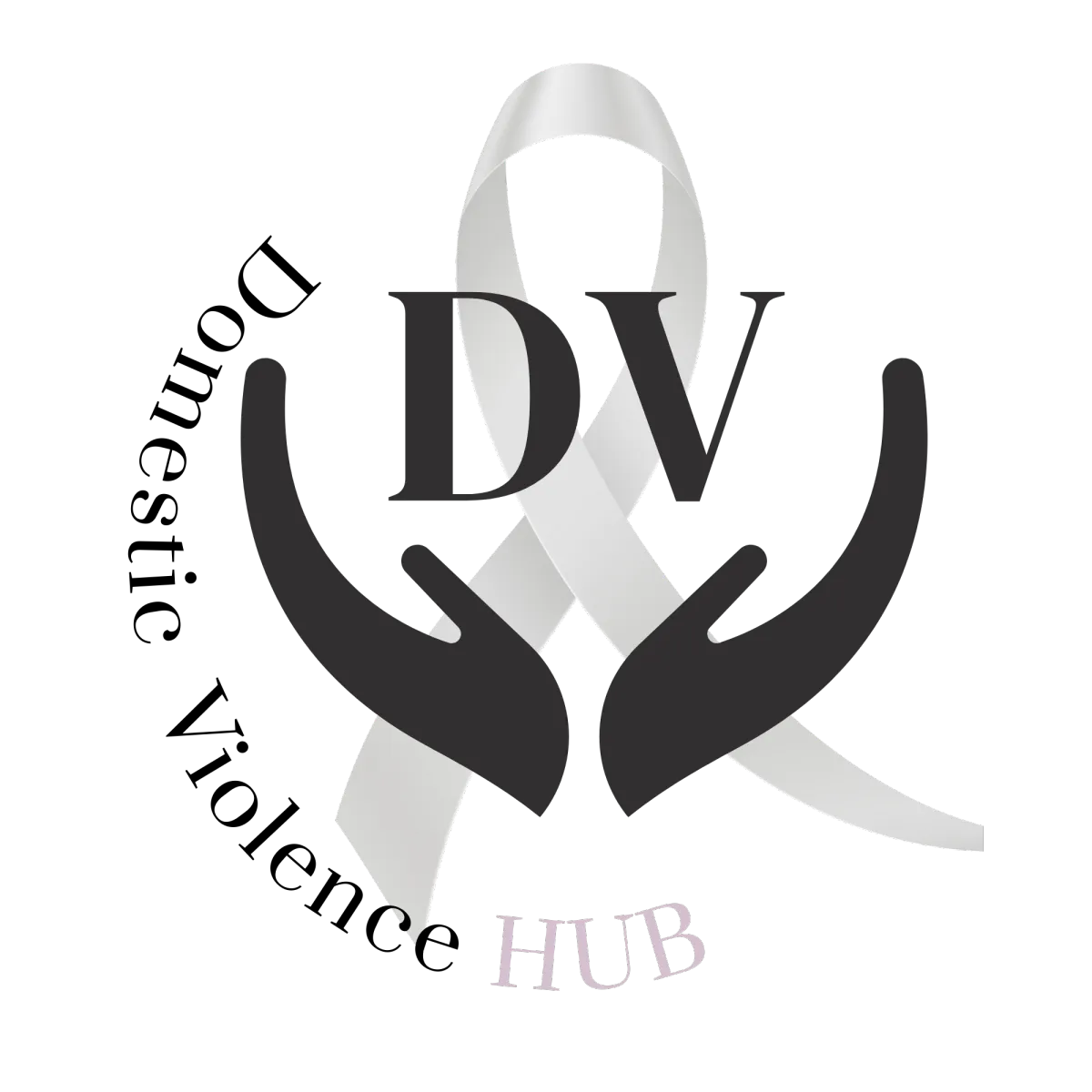Peri/Menopause Support Centre
Welcome to the
Women’s Wellness Hub

The Essential Perimenopause/Menopause Toolkit
Bringing the resources together, with specialists in a way that it easier to understand, honest, relatable and supportive!
Ok, so no one is big on talking about their periods, 'brain fog', hairy chin or vagina....but with at least 50% of the world's population destined for this journey, lets unite and help one another and start talking about how to improve that chapter of our lives and the quality of the next 1/2 of our lives. We owe ourselves that.
Once upon a time no man was allowed in a birth suite and women did not discuss the details of the birth. Now men video the birth and sit in the blow up pool with their wives giving birth sitting with placenta, blood, baby and all.....so come on ladies, its menopause time now. Birthing modesty has long gone!
Menopause is not all bad though - it can offer an important opportunity to reassess one’s health, lifestyle, and goals. Let's just see it as another cycle in our lives rather than a miserable chapter which is redefining our lives. There is so much more great living to be done.
Some of the
Primary Signs & Symptoms
of Menopause
(click on each for more information)
We need to shine a light on what is a natural stage in a woman's life. Women need free access to the information they need to understand their bodies and options, gain practical, physical and emotional support and strategies and work out ways to actually thrive during menopause and beyond. This is especially true for women who from remote or minority communities, cultures that often shun these types of conversations, women compelled to go through early menopause or are coping with it alongside other conditions including cancer.
Menopause is not a one size fits all and everyone's experience can differ from a friends' or relatives'.
Menopause is a perfectly natural phase of life that doesn't inherently need intervention. However, if you find that symptoms of hormonal chaos are impacting your daily well-being, support is just around the corner.
You can't remember the last time you had a good nights sleep.
You feel tired, overwhelmed and exhausted all the time.
You're irritable with everyone around you.
Your mid-section keeps growing, even though you haven't changed what you are eating
You feel like you have tried everything but your symptoms seem to be getting worse.
Your days AND nights are filled with hot flushes and night sweats.
Your libido is pretty much non-existent.
We need to shine a light on what is a natural stage in a woman's life. Women need free access to the information they need to understand their bodies and options, gain practical, physical and emotional support and strategies and work out ways to actually thrive during menopause and beyond. This is especially true for women who from remote or minority communities, cultures that often shun these types of conversations, women compelled to go through early menopause or are coping with it alongside other conditions including cancer.
Menopause is not a one size fits all and everyone's experience can differ from a friends' or relatives'.
STILL NOT SURE?
Key 'Pause' Definitions to help
What is Oestrogen
this hormone, mainly made in the ovaries, is key to the development and functioning of a woman's reproductive system and the development of female characteristics, such as breasts. It also plays an important role in bone health, cardiovascular health, memory and cognition. During perimenopause theResearch shows that low oestrogen levels can lead to more inflammation in the body which can lead to an increased risk of cardiovascular disease, osteoporosis, clinical depression, faster aging, alzheimers.
What is Progesterone?
Progesterone - another female hormone which is made in your ovaries, which works to balance the effects of oestrogen and is often referred to as the 'relaxing hormone.' Its main role is to build up the lining of your uterus and help maintain and mature the uterus lining if there is a pregnancy
What is Testosterone?
Testosterone - yes, this is a female and male hormone (although women have much lower levels). It is produced by your ovaries and adrenal glands and maintains muscle and bone strength, enhances your sex drive and general emotional wellbeing including mood and stamina, brain/thinking clarity and memory.
What is Perimenopause?
Perimenopause - the time leading up to Menopause when your hormonal levels start to change.
What is Menopause?
Menopause - The medical definition is when your last period was at least a year ago.
What is MHT- Menopause Hormone Therapy?
this is the newly accepted medical name for hormone medication used to relieve menopause symptoms (previously known as HRT) Check out our Treatment option Pros and Cons
What is HRT - Hormone Replacement Therapy?
HRT - Hormone Replacement Therapy - the previously used term for menopause medication. Check out our Treatment option Pros and Cons
Workplace Solutions

Working through Menopause

Menopause Inquiry updates

Employer -Menopause friendly workplace

Pre-existing health issues and Menopause

History of Menopause

Busting the myths around Menopause
TESTIMONIALS
Client
Feedback from our clients and community:
Thank you ladies for your honest and kind feedback. We love working with you!
Meg 49

I thought I was going mad. I finally now understand what is happening to me and my body and my mind. Knowledge is power. Great job girls!
Steph 50

"I was very concerned about HRT /MHT due to the studies but you have helped me a lot to weigh things up and look at all the options, risks and latest evidence, thank you. I did some of your courses I had no idea that menopause was more than hormonal issues which caused your periods to stop. My weight, blood pressure and cholesterol just kept climbing no matter what I did. Now I get it. Thanks for all the great tips."
Jen 46

"I had to go through early menopause after needing an urgent hysterectomy. I was only 42 at the time and my children were young. It was so overwhelming, I felt confused, robbed, angry and my relationship with my husband was terrible. We just fought. None of my friends could relate and my Mum was not very forthcoming or had forgotten. Thank you for explaining things that the hospital and the three 15 minute consults with the GP didn't. I wish I had got the help with all this sooner. "
Jen 46

"I suddenly went into perimenopause at 39. I never expected it was perimenopause at the time, so I was tested for everything under the sun by the GP's, other than that. I was so concerned as I had this whole rafter of physical and physiological symptoms. I started to worry it was some sort of sinister condition and I lost a lot of my confidence. Not once in two years did anyone test my hormones as I guess they thought I was too young.. when I found out I was annoyed that it was early but relieved at the same time because I finally knew what was going on. Thank you for all the awesome help."
Menopause Support Centre
Your step by step guide to the PAUSE!
We hear you, we understand, we are here to support you.
What to ask at the doctors
Women's Wellness Hub Directory
Physical and Emotional Health & Wellness
Social Wellness
Financial, Legal and Safety wellness
Women's Wellness Blog

Am I eligible for Legal Aid?
Am I eligble for financial support through Legal Aid?
If you need a lawyer for ongoing legal help or to represent you in court and you don’t have enough money to pay, you may be able to get legal assistance from Legal Aid. Legal Aid is the Australian organisation that delivers a variety of legal services to disadvantaged people across your relevant state/territory. Unfortunately, they do not have the resources to help everyone with a legal problem and therefore can only assist if your case falls within their strict guidelines. The main ways they decide if you can access this legal help are as follows:
1. They look at your financial situation
a) They will do a ‘means test’ which will look at the amount of your total income (Centrelink payments including Family Tax Benefit A, Family Tax Benefit B etc. child support payment, child maintenance payments, spousal maintenance payments, what you earn including any investments, any insurance policy claims for example accident, sickness or disability benefits) and total assets (equity in your home, money in the bank etc);
b) They will consider any support or financial help you provide to other people, for example a partner or child/ren;
c) They will also look at the assets and income of any other person who provides you with regular financial support, for example gives you money, helps pay your bills, or shares your living expenses ( for example a relative, friend, spouse, former partner etc).
PLEASE NOTE: The MEANS TEST (the amount and assets/income you can earn to be eligible) is different for each state/territory.
They will also look at the ‘merit’ of your case
This means, what is the prospect/chances of your matter being successful if it went to court?
To decide this, Legal Aid looks at the legal situation and the facts of your case to decide if it is likely to succeed or fail if it goes to court – they consider - would a sensible person risk their money to take the particular case to court?
They might also look at your special circumstances
There are sometimes applicants who may not succeed with the ‘means test’ requirements but they deserve special consideration because they experience multiple disadvantages. This may mean you get some assistance with legal costs.
If you are experiencing, for example:
domestic violence,
live in a remote area,
have an intellectual, psychiatric or physical disability.
or other disadvantage,
you may be eligible for a grant of aid via Legal Aid’s special circumstances guidelines.
What to do next?
We highly recommend you do the following if you think you may be eligible:
Have a look at the Legal Aid Application form relevant to your particular state or territory to see what information they would require you to provide. There are a significant number of documents you need to submit with your application to prove your financial situation.
PLEASE NOTE: The Application Form and terms are different for each state/territory.
Write down notes on why you think you might be eligible or any other questions you have about applying for Legal Aid.
Ring your own state Legal Aid office for a free consultation to discuss whether you are eligible for Legal Aid and what to do next.
Ask Legal Aid how you can get help, if needed, to fill in the application form and to submit it.
NOTE: An interpreter can be arranged. Arrangements can be made to assist you with an accredited interpreter or National Relay Service for the hearing impaired.
The Application Form
The Application form must only be submitted in the approved form for your own state or territory.
NOTE: Each state/territory has a slightly different application form!
A copy of the Application Form is available by:
* The Legal Aid website – check it is the Legal Aid website for your state/territory (you can download the application from the documents sections).
*Collect the application form in person by going into any of the Legal Aid offices in your state/territory.
* Call them and ask for one to be mailed to you.
*Email your Legal Aid office and provide your name and address and ask one to be mailed to you or your PO Box.
If you qualify for Legal Aid
If you qualify (your application is approved), Legal Aid will get a lawyer to represent you under a grant of legal aid for your matter. They can speak for you in court, help you prepare legal documents related to your case and help you reach agreement with the other party.
This site is brought to you by Family Counselling Support Network
Book in directly with one of our professionals today


We are committed to protecting your personal information and respecting your privacy. This website uses cookies to analyze website traffic and optimise your website experience. By accepting our use of cookies, your data will be aggregated with all other user data.
DISCLAIMER: The material contained on this website is for general educational and information purposes only and is not a substitute for professional legal, financial, medical or psychological advice or care. While every care has been taken in the information provided, no legal responsibility or liability is accepted, warranted or implied by the authors or Family Counselling Support Network and any liability is hereby expressly disclaimed. For specific advice please contact us at [email protected]. All information contained on the website remains the intellectual property of Family Counselling Support Network and is for your personal educational use only. The information must not be reproduced or distributed without the express permission of Family Counselling Support Network.
Family Counselling Support Network acknowledges and respects the First Nations Custodians of the land where our offices stand, and where we work to help Australians. We pay respects to their Elders, past present and emerging, lore, customs and creation spirits. We recognise that these lands have always been places of ceremony, teaching, research and learning, and we acknowledge the important role Aboriginal and Torres Strait Islander peoples play in our community.
We are committed to providing an inclusive and accessible environment where people and communities of all identities and backgrounds are accepted, safe and celebrated.
Privacy Policy | Terms and Conditions




















